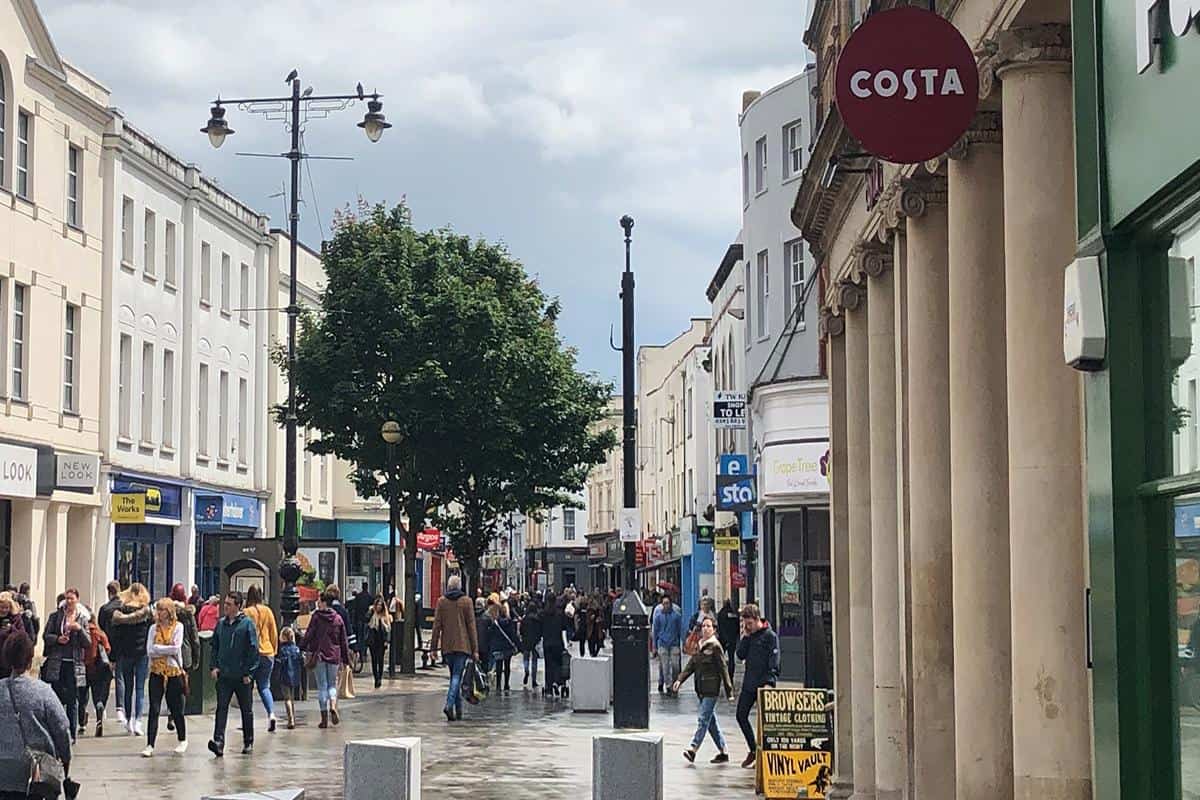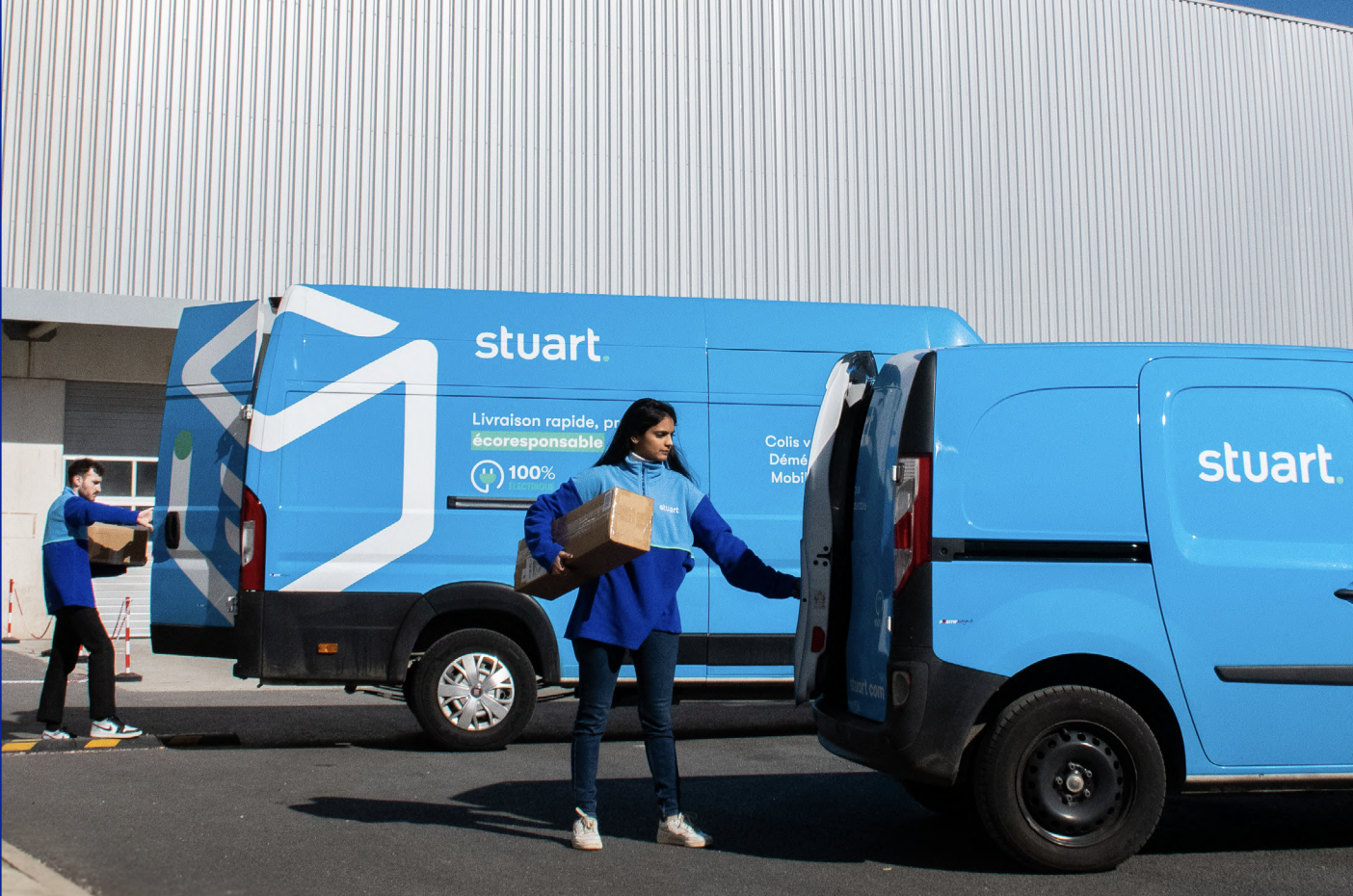Retail groups have responded to the mini-budget by new Chancellor Kwazi Kwarteng, welcoming in particular the re-introduction of tax free shopping for tourists. But some have questioned a lack of action on business rates.
Today’s announcement also included measures from the removal of the National Insurance increase that Boris Johnson’s government put in place to help fund social care and the NHS, and stepped back from a previously planned rise in corporation tax. At the same time it removed the 45% tax band for those earning £150,000 and over in England, reduced the basic income tax rate to 19% and raised the stamp duty threshold for property purchases to £250,000 – or £425,000 for first time buyers. The cap on bankers’ bonuses was also removed.
Retail groups suggest that measures to cut taxes for individuals will help to stimulate demand among the resident population – while the re-introduction of tax-free shopping for tourists will also encourage visitors to spend.
Helen Dickinson OBE, chief executive of the British Retail Consortium, says: “The Chancellor’s announcements should help to shore up consumer demand going into what will be a challenging winter for households and businesses alike. The Energy Bill Relief Scheme, set out earlier this week, and announcements on National Insurance and Corporation Tax will help retailers shield their customers from some of the effects of inflation. Furthermore, we welcome the reintroduction of tax-free shopping for tourists, which will boost sales and bring the UK back in line with other European nations.”
Dee Corsi, interim CEO at New West End Company, says: “Today’s decision to reintroduce tax-free shopping for overseas visitors is a great victory for London’s International Centres. Now the West End can compete on a level playing field with Paris, Milan and Madrid as one of the world’s top shopping and leisure destinations.
“In 2019 international visitors contributed over £28bn to the UK economy. The Government’s announcement is great news and – with new exciting new brands expected across the West End following today’s announcement that newly opened businesses will not be subject to business rates – we are confident that we can exceed this figure in the years to come.”
Paul Barnes, chief executive of the Association of International Retail, says:”The reintroduction of tax-free shopping will give retailers across the country a much needed boost in trade as international shoppers return to the UK. It allows us to compete equally with our European neighbours to attract high spending international visitors back to our shops, hotels and restaurants.
“Today’s news brings with it a huge new tourist market of over 440m people from the EU – now that Britain is the only country in Europe where EU visitors can shop tax free – which will be a significant shot in the arm to our retail, hospitality and tourism sectors across the country, with regional airports set to benefit from a surge in their visitor economies. This is a very good move by the Government, and is set to deliver swift results as international visitors return in force across the country.”
Simon Rothenberg, audit director at Blick Rothenberg, says: “VAT free shopping for overseas visitors will make goods in the UK even cheaper than they currently are with the historically low value of GBP – this will please high end high street retailers but will not impact most of the high street which desperately needs more help.”
Business rates
But both the BRC and property agent Colliers lamented the lack of action on business rates. The BRC says that retail accounts for 5% of the economy but pays 25% of business rates – adding up to £8bn of the £32bn total. Already, it says, the business rates multiplier is at a record rate (51.2p/£) and is set to rise again unless action is taken.
The BRC’s Dickinson says: “Retailers are facing immense cost pressures, not just from energy bills, but also a weak pound, rising commodity prices, high transport costs, a tight labour market and the cumulative burden of government-imposed costs. Yet what was missing from today’s announcement, was any mention of business rates, which are set to jump by 10% next April, inflicting another £800m in unaffordable tax rises on already squeezed retailers. It is inevitable that such additional taxes will ultimately be passed through to families in the form of higher prices. There is still time for the government to act. Freezing the business rates multiplier will stimulate investment and will allow retailers to focus on what’s important – keeping prices down for households.”
John Webber, head of business rates at Colliers, says: “It’s disappointing that while today’s ‘tax cutting’ Mini Budget addressed issues such as income tax, corporation tax, NI and stamp duty, the elephant in the room, business rates was largely ignored,” despite the impact that ultra-high rates bills have had on businesses in recent years.
“Business rates is one of the highest outgoings for occupiers of property. The tax raises around £32bn a year gross (£26bn net) and with rates rising in line with CPI inflation levels for September, predicted to be around 10%, this could potentially add a further £3bn to the tax bill if nothing is done. With just six months to go before the next revaluation, businesses still have no idea what their rateable values will be, what the multiplier will be nor how the government will response to its summer consultation on transitional relief. With no clarity about how much they will be expected to pay in their rates bills come April, how can businesses be expected to plan sensibly ahead?:
He adds: “Retailers and other high street operators will be now considering their business plans now for next year and looking closely at their future business rates liabilities. The Chancellor has said he is simplifying the tax system – in which case he should simplify business rates- one of the most complicated taxes in the UK today. He can start this by providing reassurance that rates bills next year will immediately reflect the lower rents we are seeing in the market now -providing incentives for businesses to keep or expand space and for property investors to invest in the sector across the UK. Without this reassurance any ‘levelling up agenda’ will be meaningless. And the high street unlikely to get back on its feet.”
The role of inflation
Mike Elton, director at logistics and supply chain business FarEye, which works with a range of retail and ecommerce brands, says: “Today the Chancellor dealt his trump card. We needed a growth plan to help attract and retain staff right across the industry, and on the surface, we got it. But will it be enough to keep the shelves stacked and books balanced? Retail businesses and their supply and logistics chains are really in dire straits.
“The big question is whether these initiatives ultimately rob Peter to pay Paul? Simple economics tells us that inflation is fuelled by too much money chasing too few goods and services, so a short-term reprieve through these tax cuts is likely to further push inflation – including wage inflation – upwards. For many, the maths still won’t add up.”










